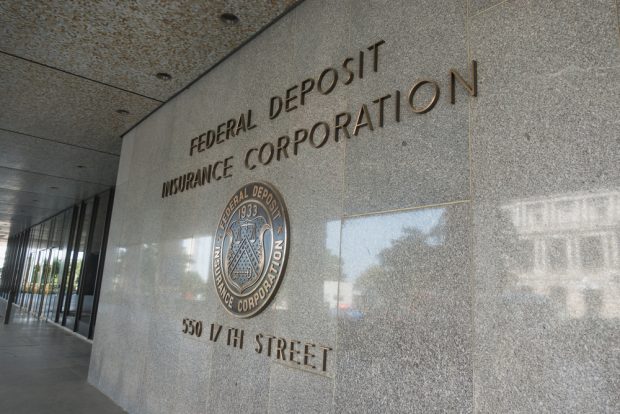WILMINGTON, Del. – MBNA's attempt to succeed with American Express cards where many banks have failed got under way on November 4 when the leading purchaser of credit union card credit card portfolios began offering the high end cards to members of its first 1,000 affinity groups. The Wilmington, Delaware-based bank did not reveal whether any of its credit union card issuing partners were being offered the cards, but the company has been explicit about using the cards to help draw credit union card portfolios. As of now, MBNA is the only U.S. bank that has entered into a relationship with American Express to issue the card. A recent court case struck down Visa and MasterCard's rules that made such issuing impossible, but no other bank or credit union has yet made a deal with the company to start issuing the cards. MBNA listed alumni associations, professional groups, and recreational and philanthropic organizations as among the first 1,000 whose members would be able to apply for the MBNA issued American Express cards. These included the alumni of Georgetown University, and Penn State University, as well as the members of the National Education Association, the National Wildlife Federation, the Aircraft Owners and Pilots Association, the American Society of Civil Engineers, the American Quarter Horse Association. It remains unclear whether any credit unions who are not in agent relationships with large bank issuers will want the cards since there have been few indications, so far, that American Express will be willing to make credit unions the sort of deal which might attract them. But a recent survey from a card consultancy firm has suggested that some credit unions may be more open to American Express than many imagined. Business Development International surveyed 2,500 credit union CEOs online, with 172 participating, according to Russ Schoper, president of the Alpharetta, Georgia headquartered firm. Schoper said that the survey included credit unions of over $50 million in assets up to billion dollar institutions. The BDI survey found that 20% of credit union CEOs who responded to the survey said that Visa and MasterCard were "marginal and poor partners," the firm said, and that a significant percentage of them reported being open to other card brands. "To a certain extent, this makes sound business sense," Schoper noted, "no one wants to close the door to an idea sight unseen. But the level of dissatisfaction we encountered surprised us," he said. The reasons that the CEOs gave for their opinions ranged from the card brands' costs being too high to the card brands not supporting credit unions sufficiently and not letting credit unions have more say in the workings of the associations, according to Schoper. But the latter might be more of a matter of perception than reality, according to Karen Fry, assistant vice president for marketing for Card Services for Credit Unions, the association of credit unions that process their card transactions with Certegy. Fry pointed out that an executive with a community bank sits on the Visa board to represent the concerns of small issuers and that CSCU's president Bob Hackney sits on a policy committee which addresses debit issues. Sixty-seven percent of the CEOs rated Visa and Mastercard as "good partners" and another 11% called them "outstanding partners." However, 9% of the CEOs said they have considered trying to convert to another card brand. But the survey also found that 86% of CEOs surveyed lead credit unions that issue their own cards and that 11% have entered into agent relationships. Ninety-three percent of the credit unions issue debit cards, but only 12% offer stored value gift cards. Schoper said the survey had also made it clear that the majority of credit union CEOs acknowledged the more competitive credit card market but remained bullish on their ability to compete for their member's card business. "We've learned from the survey that the overwhelming majority of credit union CEOs continue to see the card industry as competitive but also are fiercely optimistic about the future," he added. -
© Touchpoint Markets, All Rights Reserved. Request academic re-use from www.copyright.com. All other uses, submit a request to [email protected]. For more inforrmation visit Asset & Logo Licensing.






